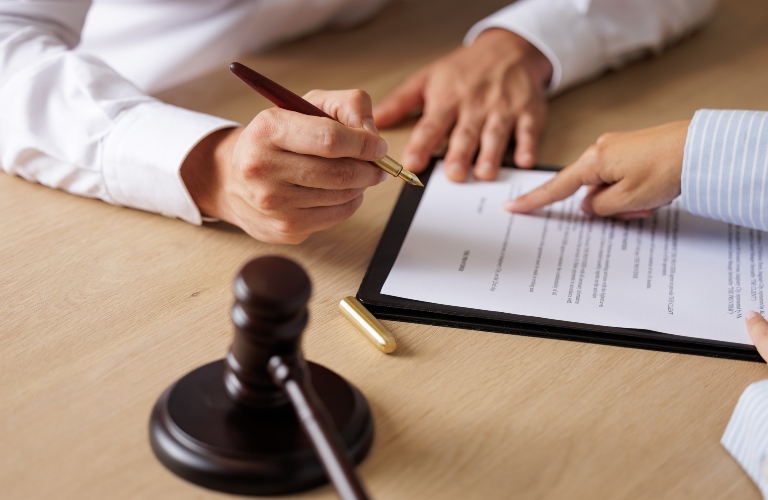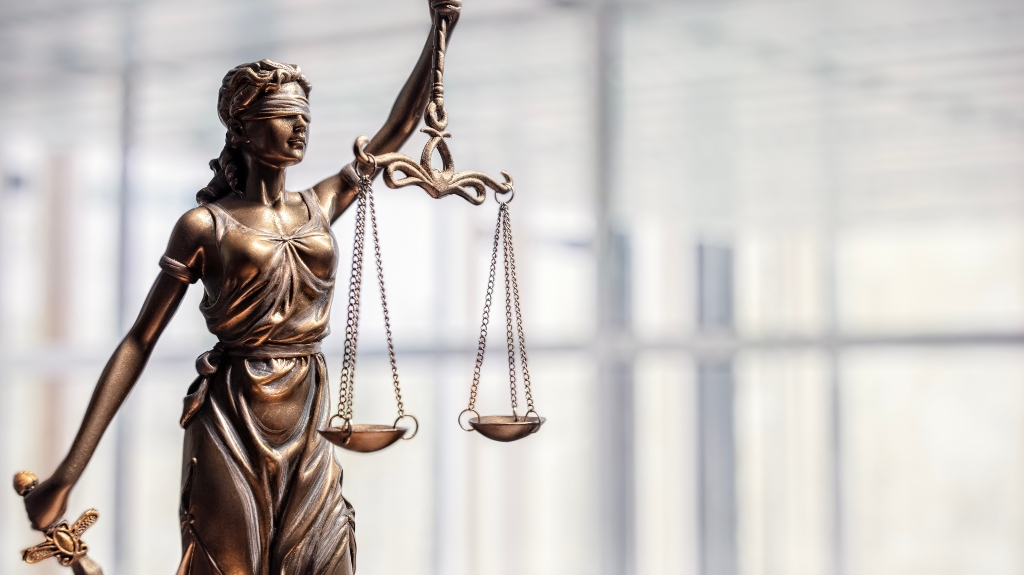Understanding the Administrative Hearing Process in California License Defense
If you’re a licensed professional in California—whether a nurse, doctor, contractor, or real estate agent—your career likely depends on keeping that license in good standing. However, what happens when you receive notice that your license is under investigation or you’re facing possible disciplinary action? That’s where the administrative hearing process comes into play.
What Triggers an Administrative Hearing?
Most administrative hearings begin with an investigation by the agency that issued your license, such as the California Board of Registered Nursing, the Department of Real Estate, the Medical Board of California, or the Department of Consumer Affairs. The investigation may be prompted by a consumer complaint, a criminal conviction, or a violation of professional standards.
If the agency believes there is enough evidence to pursue disciplinary action, it may issue an accusation, a formal legal document stating the alleged violations. Once this is filed, you typically have 15 days to respond by filing a notice of defense to request a hearing. If you don’t respond, the board may issue a default decision and revoke or suspend your license without your input.
What Is an Administrative Hearing?
An administrative hearing is not a criminal or civil court trial, but it is still a legal proceeding. These hearings are conducted before an administrative law judge (ALJ) from the Office of Administrative Hearings (OAH). The ALJ is a neutral party who hears evidence and arguments from both sides and then issues a proposed decision.
While the process may feel less formal than a courtroom trial, make no mistake—these hearings follow rules of evidence and procedure, and the stakes are incredibly high.
What Happens During the Hearing?
The hearing itself resembles a bench trial. Here’s what you can expect:
- Opening statements: Each side presents a brief overview of their case.
- Presentation of evidence: This may include witness testimony, documents, expert reports, or prior disciplinary history.
- Cross-examination: Both sides have the right to question each other’s witnesses.
- Closing arguments: Each side summarizes its case and makes final legal arguments.
After the hearing, the ALJ issues a proposed decision based on the evidence and legal standards. However, this decision isn’t final. The licensing agency has the final say and can adopt, modify, or reject the ALJ’s recommendation.
Possible Outcomes
Depending on the facts and severity of the case, outcomes may include:
- Revocation or suspension of your license
- Probation with specific conditions (such as drug testing, supervision, or additional training)
- Public or private reprimand
- Dismissal of the accusation
In some cases, especially where minor infractions or mitigating circumstances exist, your attorney may be able to negotiate a stipulated settlement before the hearing even takes place.
Why Legal Representation Matters

Going into an administrative hearing without a lawyer is risky. The opposing side will be represented by experienced state attorneys who know how to build strong disciplinary cases. A skilled license defense attorney can:
- Challenge the sufficiency of the evidence
- Present mitigating factors
- Identify due process violations
- Negotiate settlements
- Help you prepare compelling testimony and documentation
The earlier you involve legal counsel, the better your chances of achieving a favorable outcome will be.
Protect Your Future — Contact Gould, Hahn, & Reinhardt
If you’ve been contacted by your licensing board about a potential disciplinary issue, time is critical. At Gould, Hahn, & Reinhardt, we have years of experience representing professionals across California in administrative hearings and license defense matters. We are familiar with the procedures, the law, and how to advocate for your professional future.
Contact us today to schedule a confidential consultation and get the legal support you need to defend your license—and your career.
